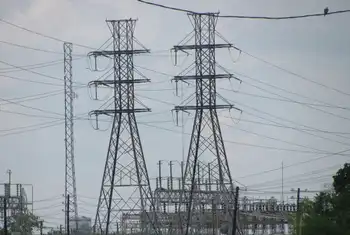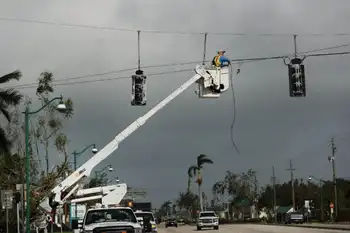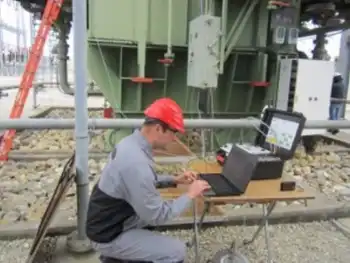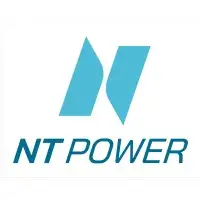Two major Wisconsin utilities keep lists
By Associated Press
CSA Z462 Arc Flash Training - Electrical Safety Essentials
Our customized live online or in‑person group training can be delivered to your staff at your location.

- Live Online
- 6 hours Instructor-led
- Group Training Available
Customers of Xcel Energy, which serves northwestern Wisconsin, can get on that utility's list by contacting the company, spokesman Brian Elwood said. As of early December, 774 people were on the list, he said.
The list enables Xcel to identify those customers in outages and prioritize returning power to their area, if possible, Elwood said.
The Associated Press found emergency planners around the country struggling to find new ways to identify people at risk before the lights go out, to ensure they will have the aid they need to survive small outages or big ones.
Alliant Energy, which serves much of southern Wisconsin, also maintains a list of about 25,000 names, including at-home life-support customers, nursing homes and hospitals, spokesman Rob Crain said. Customers can get on the list by contacting the utility and supplying verification from a doctor, he said.
Alliant uses the list to avoid scheduled outages in those customers' areas as well as know immediately if a life-support customer is affected in an unforeseen outage. The utility then can attempt to restore power to that area first, Crain said.
But We Energies, which serves much of southeastern Wisconsin, including Milwaukee, doesn't keep any such list.
Spokesman Brian Manthey said maintaining one would be too difficult and the utility can't guarantee it could restore power to those customers immediately. He said restoring power to a single home is difficult in an outage that could affect hundreds. The utility tells customers on life-support to have generators or batteries ready.
Wisconsin Public Service Corp. serves much of northeastern Wisconsin, including Green Bay. That utility stopped maintaining a life-support list anywhere from 5 to 10 years ago, spokesman Kerry Spees said, largely because it created a false sense of security. WPSC can't return service to one house first in a large outage, he said.
"If you're in an area hard hit, you have limited resources. There's just no way to get to all the people who may have a need first. We think it's just a much wiser idea to encourage those customers to have back-up facilities."
State emergency management and health officials don't have a statewide plan to help at-home life-support users in disasters. Typically local emergency responders or public health officials track residents who might need special assistance, said Wisconsin Emergency Management spokeswoman Lori Getter.











